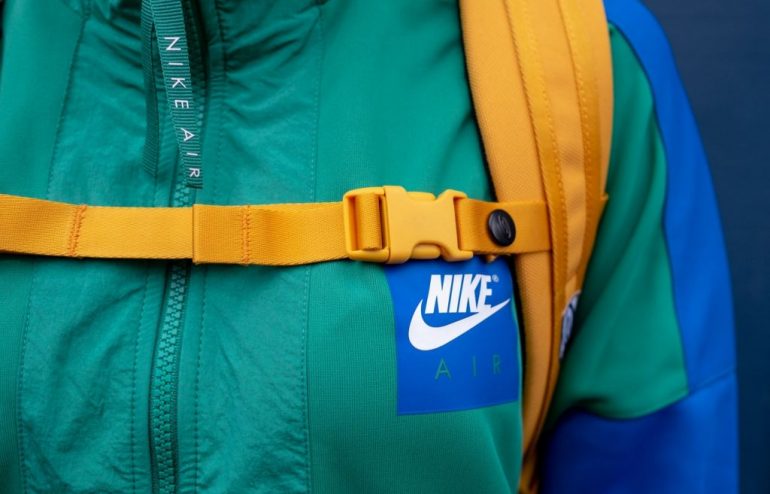REGISTRATION OF TRADEMARKS AND CHALLENGES OF THE TRADEMARK OFFICE IN NIGERIA
Introduction
A trademark is a word, mark, symbol, phrase, sign or design that distinguishes goods or brands from one another. Therefore a trademark must be distinctive and must not be deceptive. When a trademark is registered, it becomes protected from use by other people thus having the aim of preventing incidences of piracy. There are various laws relevant to trademarks in Nigeria, namely: Trademarks Act 2004 and the Merchandise Marks Act 2004.
In Nigeria, the body responsible for handling registration of trademarks is the Trademarks, Patent and Designs Registry under Commercial Law Department of the Ministry of Trade and Investments. The Federal Civil Service Commission appoints the Registrar of Trademarks and he is the one in charge of carrying out the functions relating to trademark registration.
Registration of Trademarks
Under Nigerian law, a trademark is registered for a period of 7 years after which it can be renewed for periods of 14 years. In order for a distinctive trademark to qualify for registration under Part A of the trademark register, Section 9(1) of the Trademarks Act 2004 provides that it must contain at least one of the following particulars:
- the name of a company, individual, or firm, represented in a special or particular manner;
- the signature of the applicant for registration or some predecessor in his business;
- an invented word or invented words;
- a word or words having no direct reference to the character or quality of the goods, and not being according to its ordinary signification a geographical name or a surname;
- any other distinctive mark.
A Trademark that does not qualify for registration under Part A of the trademark register can be registered under Part B of the register if it is capable of distinguishing goods connected with the trademark sought to be registered.[1] On this basis, for registration under Part B what is important is that it should be capable of distinctiveness.
However, the registration of a trademark can be refused if:
- it is likely to deceive or cause confusion
- it is contrary to law or morality
- it is scandalous
- in respect of a chemical substance or preparation, it is the commonly used and accepted name of any single chemical element or single chemical compound
- it is identical with an already existing trademark already on the register and belonging to a different proprietor.
Challenges of the Trademark Office in Nigeria
In 2013, the Trademarks, Patent and Designs Registry made available an online registration platform to ease the trademark registration process. However, it is still advisable that prior to commencing a registration process an availability search is conducted at the Trade Mark Registry to determine availability of the trademark.
The preliminary search process is not as straightforward and convenient as is obtainable in other jurisdictions. In the United States of America, for instance, those who want to register a trademark can conduct a search on the Trademark Electronic Search System database that contains trademarks and prior pending applications. The results of a preliminary search done using the Trademark Electronic Search System are available immediately after submitting the search query.
In Nigeria, the search still has to be conducted manually at the Trademarks, Patent and Designs Registry in Abuja due to the fact that the online platform still does not support online searches for existing trademarks that were registered before the advent of the online platform. The search report from the manual search can take about 3 days to be ready.
An application for registration of a trademark in Nigeria can be done via the online platform. The Industrial Property Administration System on the other hand requires physical presence in Abuja, however this can be done by using various appointed agents of the registry. It is therefore possible to say that the online Trademark registration platform in Nigeria is not as efficient as the online platform created by the Corporate Affairs Commission where searches for existing business names can be conducted online.
Another area where registration of trademarks in Nigeria differs from other jurisdictions is that the trademark registry tends to refuse the registration of a trademark due to the existence of a prior trademark application. This approach can be said to be rather restrictive. In the United States of America, a trademark application would be refused based on the existence of an existing trademark rather than the mere existence of a prior application. It would be more desirable for Nigeria to adopt this approach and notify the proprietor of the existence of a prior registration rather than resort to immediate refusal of registration.
Conclusion
Trademarks play an important role in promoting the economic development of a country. The trademark registration process in Nigeria is still evolving and there is always room for improvement. The process unfortunately tends to be weighed down by bureaucracy and this affects the speed at which registrations are completed.There is an urgent need for the challenges faced by the Trademarks office in Nigeria to be addressed in order to bring the office and to the standard expected of it.
[1] See Section 10(1) of the Trademarks Act 2004

